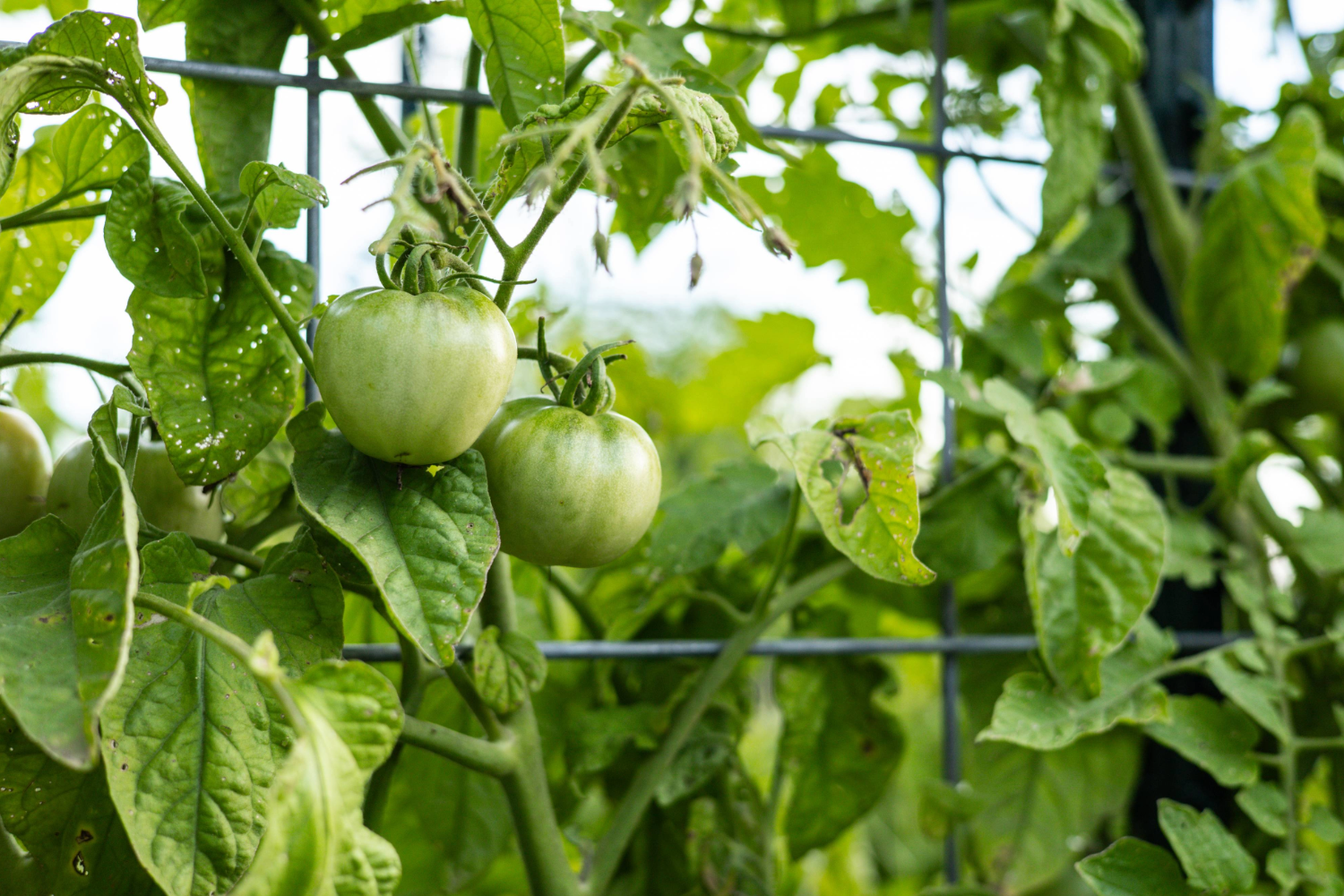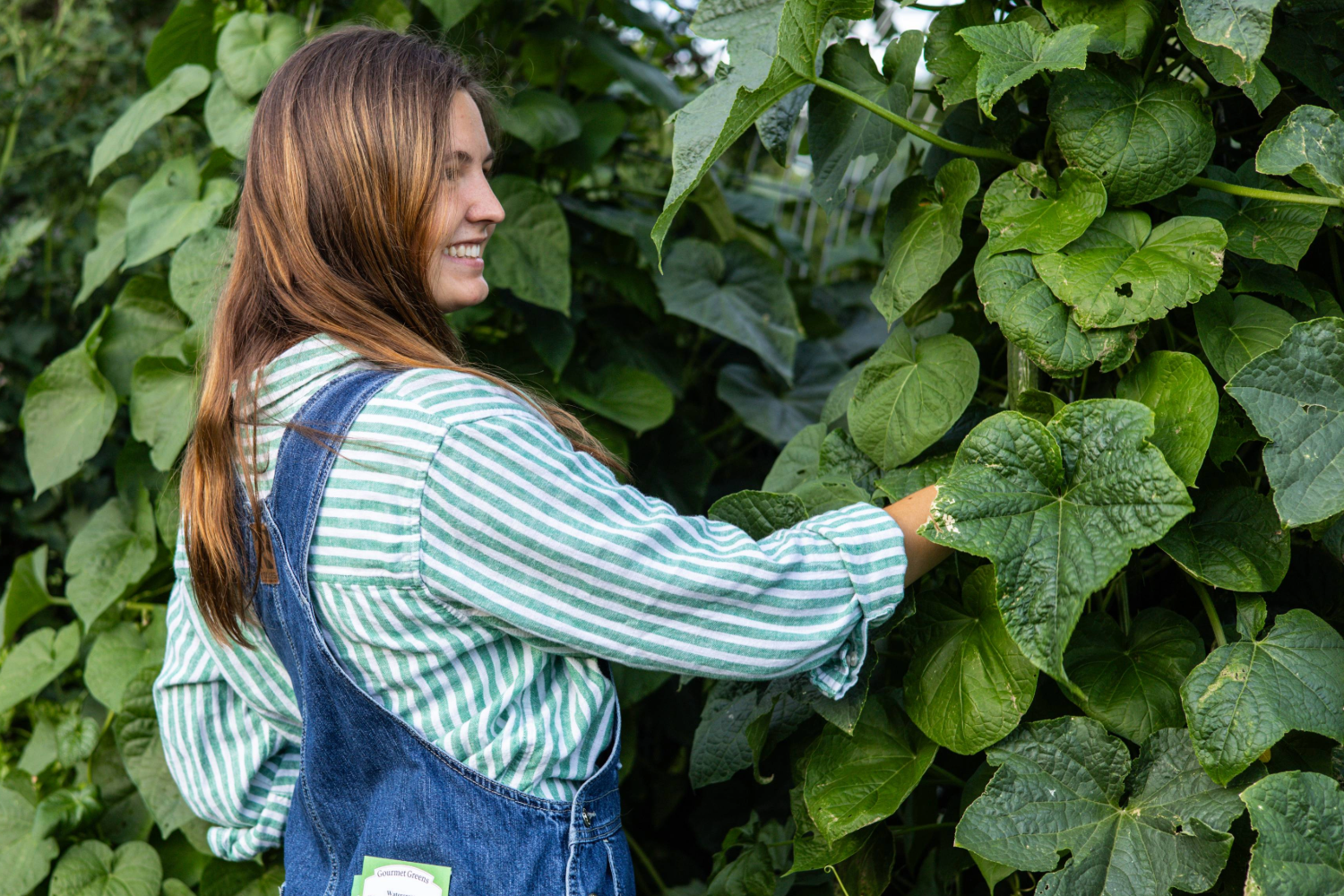
Importance of Community: Wisdom from Ecclesiastes
“Like gardening, building a support network requires work. But it’s work that’s worth pursuing.”
Hyemin Bahk
Have you ever tried gardening? Whether at the scale of a small backyard or a huge community lot, gardening is not for the lazy and certainly not for the faint of heart. Gardening requires grueling work and dedication that takes endurance and patience in order to see flowers bloom and crops grow. You may be thinking, what does this have to do with building a support network?

Two is Better than One: Importance of Building a Support Network
Like gardening, building a support network requires work. But it’s work that’s worth pursuing. King Solomon puts it like this in Ecclesiastes 4:9: “Two is better than one because they have a good reward for their efforts.” Pursuing relationships takes time and energy. You’re not going to see your relationships blooming or fruits growing the next day. It’s a fitting analogy to show the importance of community, as it’s how we’re created.
When King Solomon shares that two is better than one (Eccl 4:9), he isn’t talking just about marriages. Sure, a partnership between two through marriage can be applied to the message of this text, but the actual context behind this verse is the importance of having one another. We are not created to be isolated beings, living life on our own. Rather, we are designed to interact and live in a community with others, having a support network.
Even in this single verse, Solomon argues we are better off in pairs than one because we’ll have a good reward for our shared efforts. Now the definition of effort or reward can be subjective (and Solomon shares some examples in the following verses), but we can see that being in a community certainly has benefits. What’s important is that it’s not about weighing out the pros and cons but rather realizing the necessity of community. If you’ve been contemplating how to build a support network, you’re at the right place.

Lifting Up One Another in Community
Solomon shares another reason for community in verse 10a: “For if either falls, his companion can lift him up.” If you’re by yourself and you fall, no one can lift you up. We were created to need each other, and this is why having a network is so important. When there’s things to celebrate, having a network will multiply the joy. When it’s time to mourn, having a network who will come alongside you in a season of sorrow can divide the pain. You get where I’m going with this.
No one really enjoys pulling weeds, but it’s all part of the process of cultivating a garden that is flourishing. If we don’t pull them out because it’s uncomfortable, then we’ll have gardens full of plants struggling to get past life-choking weeds. As much as we’d rather not deal with them, we know that the sooner we do, the better chances our plants will thrive. Similarly, we may forget the importance of the relationships we have and allow for distance to grow. But being attentive to those you care about helps you to be alert and pull out any weeds that may be growing in relationships so that there’s more opportunities for depth and growth.
So what’s so important about building a support network? If you’re an introvert, you may argue that there’s more harm than help in being in the midst of others. However, as mentioned, what’s important is that we were created for community. We’re not called to live life on our own, even if we believe that we can. God intended for us to live in community, which can be seen throughout Scripture, starting from Genesis 1 when God consults with the rest of trinity.

The “How to” in Building a Support Network
If you’re someone who struggles to build a community around you, don’t fret. We’re built for it, even if it may be a struggle to start off. The most important thing to remember is that we are created for community. Once we are able to see this truth, even if we feel like we are not an apt fit for community or we struggle to maintain a network, it’ll keep us motivated to continue pursuing a network.
Perhaps you who have been hurt by others or have experienced betrayal from others—join the club (the community?). No one, no matter how hard they try, can shield themselves from pain that may come in building a network. While the amount of energy and time we input may not be linear, we can always learn and grow through those experiences. Those hurtful experiences and suffering you may have endured or are even going through now, see them as weeds that need plucking in order to have a more robust community that flourishes.
Like all gardens, building a support network takes time as well as patience in the times of waiting. Yet as time goes by, that time and energy spent on building up friendships and relationships will be well worth it as our lives are not meant to be lived in isolation. Once we see the value of community and having a network, those hard experiences and tough situations will strengthen you to continue developing better networks. Having intentionality in building up these networks will allow you to flourish as you pursue depth in those relationships.
In your own context, what are the areas that you can improve in building up a healthy network? Are there friendships and relationships that you should be pouring into? How can you encourage others to also build their networks?
